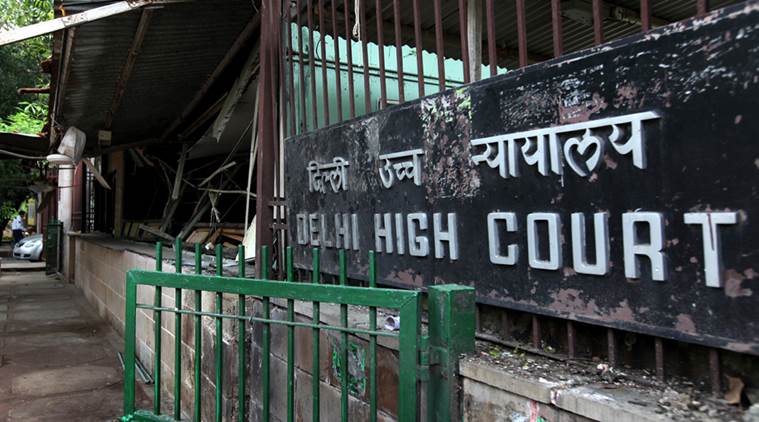Stay updated with the latest - Click here to follow us on Instagram
Delhi HC to hear PIL against ban on possession of beef
The bench of Chief Justice G Rohini and Justice Jayant Nath asked the counsel for the Delhi government to seek instructions on the matter, and will now hear the plea on July 13.
 The PIL, filed through advocate Apar Gupta, has alleged that the “Cattle Preservation Act is nothing but a case of legislative over-reach.
The PIL, filed through advocate Apar Gupta, has alleged that the “Cattle Preservation Act is nothing but a case of legislative over-reach.
The Delhi High court Wednesday agreed to hear a PIL challenging provisions of the Delhi Agricultural Cattle Preservation Act, which prohibits possession and consumption of beef in the capital, “in violation of constitutional provision”.
The PIL, filed through advocate Apar Gupta, has alleged that the “Cattle Preservation Act is nothing but a case of legislative over-reach. The National Capital Territory of Delhi, by prohibiting the possession of the flesh of any cow, bull or bullock slaughtered outside Delhi in effect prohibits the slaughter of animals in other states as well. It also makes the possession of beef, i.e. the meat of any cow, bull or bullock slaughtered in any other country an offence.”
[related-post]
The PIL has alleged that the “prohibition of possession and consumption of beef per se as under the Cattle Preservation Act is in violation of the fundamental rights of the Petitioners and other persons similarly situated..” as “right to food is an essential part of the right to life and personal liberty as enshrined in Article 21 of the Constitution of India”.
The bench of Chief Justice G Rohini and Justice Jayant Nath asked the counsel for the Delhi government to seek instructions on the matter, and will now hear the plea on July 13. Notice has not yet been issued in the case.
Petitioners in the PIL include Gaurav Jain, a law student who was detained in October last year for allegedly attempting to organise a “beef party”, Naga People’s Union of Civil Liberties head Kahorngam Zimik, and the Dr. Ambedkar Educational Foundation, which works for the rights of Scheduled Caste/Scheduled Tribe persons.
“The provision is vaguely worded and does not make any distinction between innocent purchasers who may not be able to distinguish the source of the meat and persons possessing it in the course of trade. It indirectly leads to a prohibition on the consumption of meat which is otherwise legally permissible and hence is arbitrary, being against Articles 14, 19 and 21 of the Constitution of India,” says the plea.







